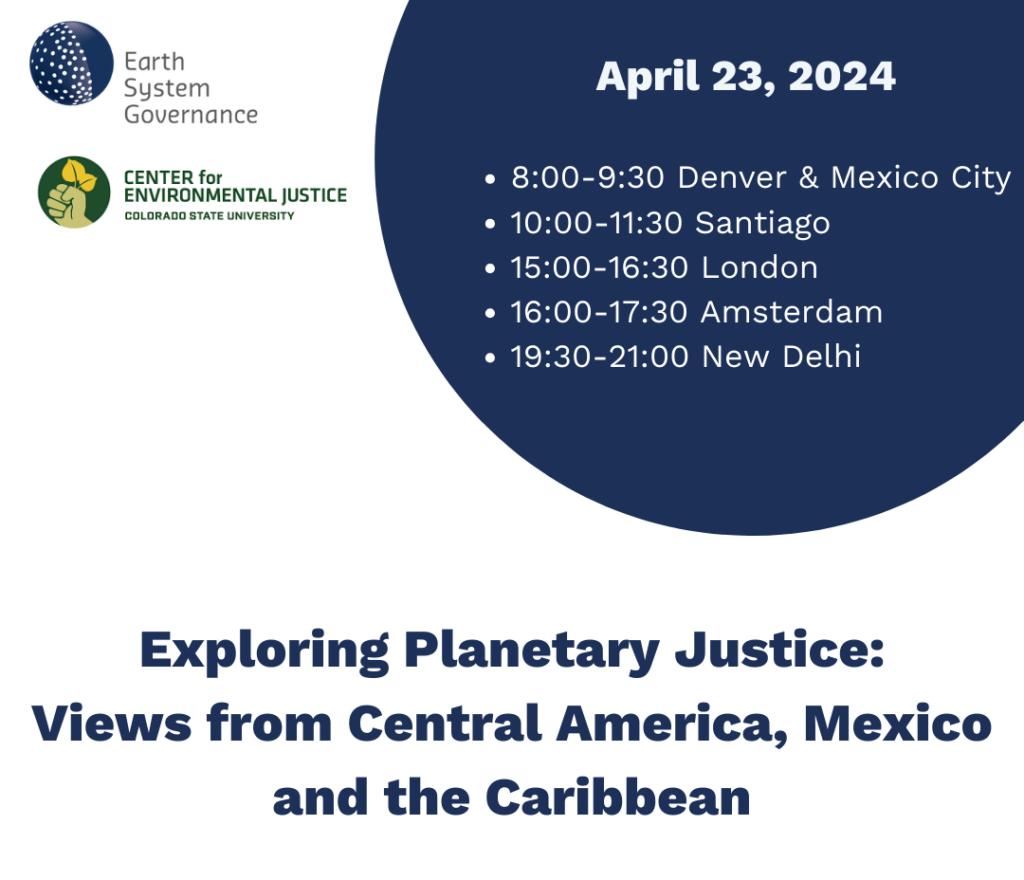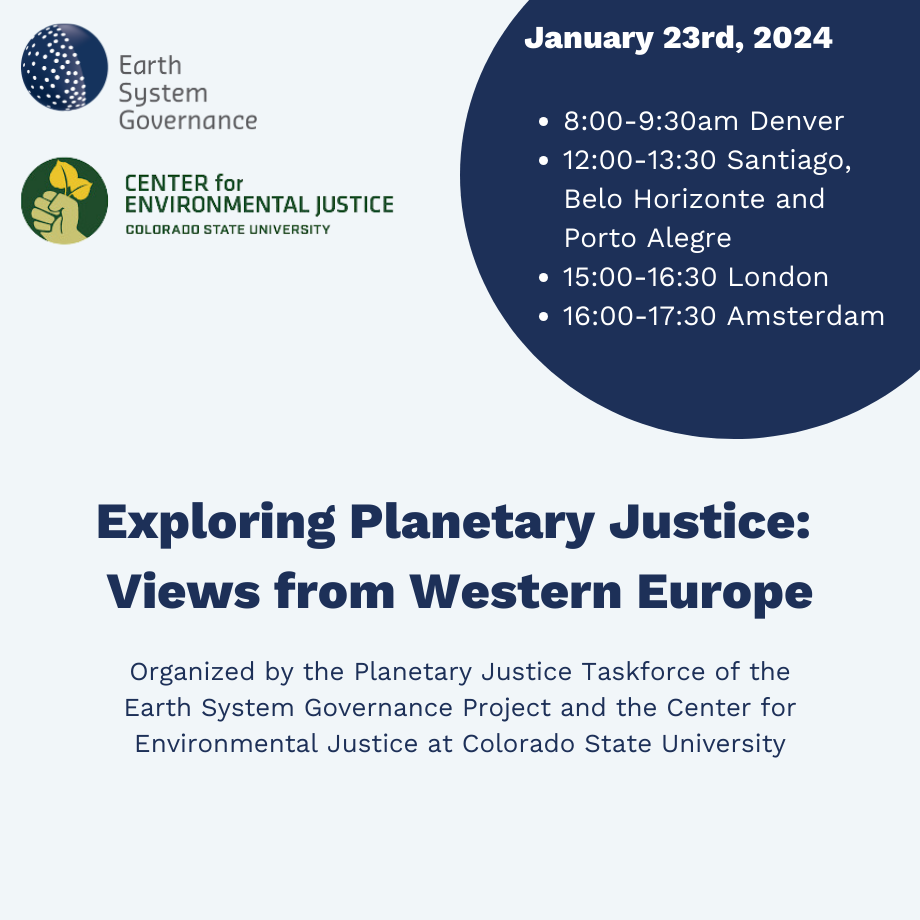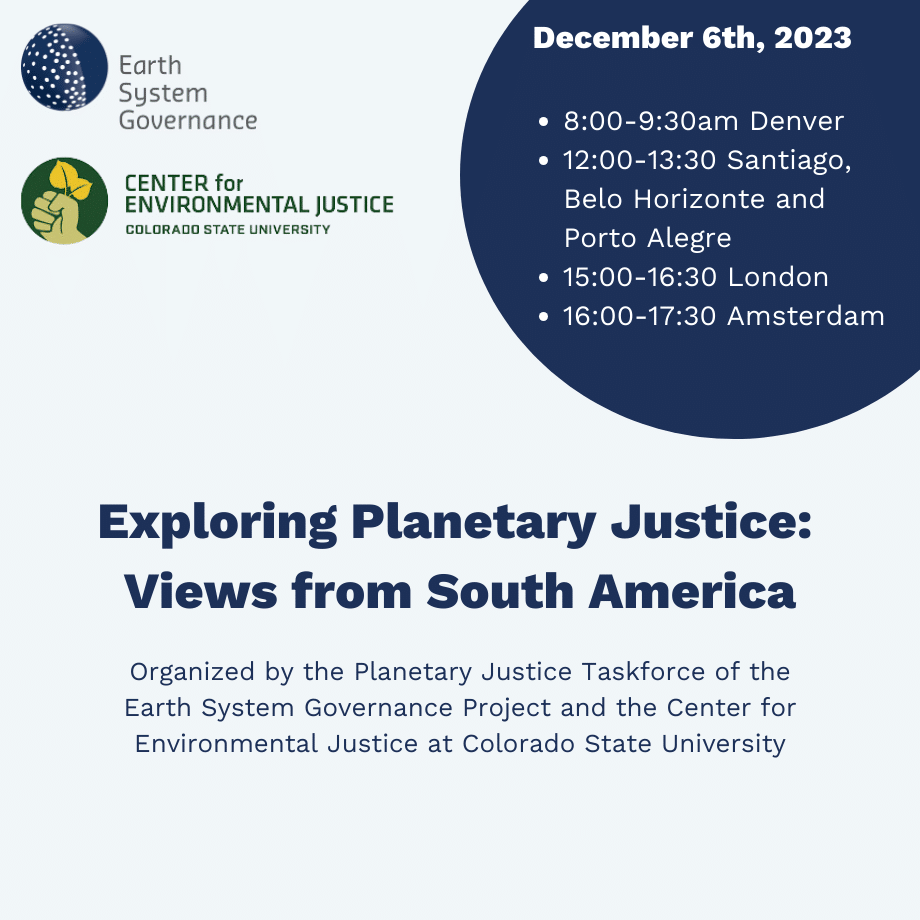Environmental peacebuilding has emerged as a new frontier in interdisciplinary studies, which seeks to go beyond the traditional role of natural resources or environmental change in general in triggering and exacerbating conflicts, but to look at the positive peacebuilding potential of environmental and natural resources in not only post-conflict societies but also fragile societies with weak governance and nation states that are at perpetual conflict with each other (that may not necessarily be physical in nature) over environmental resources or otherwise. Science diplomacy also aims at building bridges between societies where formal relationships are strained, strengthening partnerships between scientific and diplomatic communities and so on. The two conceptual frameworks, at the outset, seem to have common goals; and therefore, if they are aligned with each other, can they provide better solutions to the problems of the 21stcentury?
In general, the role of science in environmental diplomacy, whether it is in terms of fostering research collaborations between countries or communities, or in terms of its role in environmental treaty-making, has been under deliberation for a long time. However, how can science contribute to peacebuilding between nations and communities that are at war with each other or are hostile against each other through environmental cooperation? This is a question that needs to be addressed more seriously and urgently at a time when environmental degradation and climate-fragility risks are posing challenges to peace and stability in many parts of the world. At the same time, it is also critical to explore ways in which science could engender or advance diplomatic initiatives in the environmental arena, by acting as a preventive diplomacy tool, and contributing to international peace. Science, being often labelled a double-edged sword, needs to be attuned to a conflict-sensitive approach for better results in peacebuilding. Similarly, environmental peacebuilding efforts could also have backdraft effects, if the mitigation and adaptation initiatives are not scientifically, socioeconomically and politically sound.
In this context, this webinar series on science diplomacy and environmental peacebuilding seeks to explore the role of science diplomacy in environmental peacebuilding; examine the interlinkages between science diplomacy and environmental peacebuilding through empirical cases from various regions; and identify the institutions and stakeholders at international, regional and local levels that could operationalise or implement science diplomacy-environmental peacebuilding initiatives. The first webinar will focus on Cyprus; the second on polar regions (Arctic and Antarctic); and the third of oceans and maritime issues.



